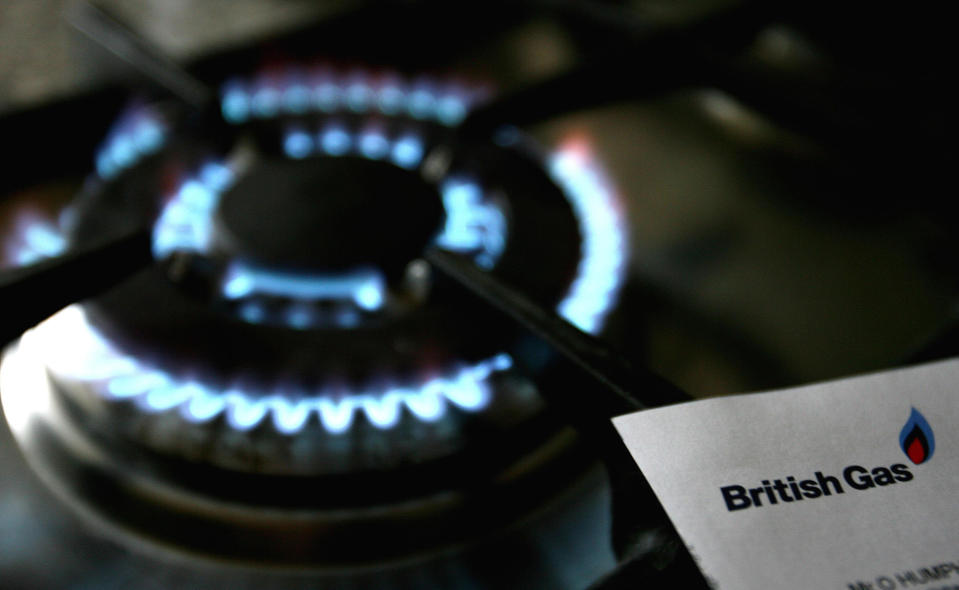Energy watchdog Ofgem wants to move 50,000 'non-switchers' to a better deal

Energy watchdog Ofgem is to help 50,000 households switch supplier “en masse” to get a better deal.
The so-called collective switch will focus on one as yet unidentified Big 6 supplier and will see the group selected from those who have been on a standard variable tariff for three years or more.
Ofgem is to act as the overseer, but will appoint a trusted middleman such as a comparison site to negotiate with the supplier to secure a “competitive, ideally market-leading tariff”.
MORE: 5 million poorest households face 5.5% energy bills rise – after watchdog changes tariffs
The watchdog is concerned that despite efforts to make switching easier, millions of people are still reluctant to do so, potentially costing them hundreds of pounds extra on their fuel bills each year.
Customers who are on one of the big six energy firms’ SVTs pay an average £1,130 per year based on typical use, compared to £807 a year on a variable tariff from the cheapest supplier on the market.

SVTs are energy suppliers’ default tariffs and are nearly always the most expensive, but almost 60% of households are on one.
Many bill-payers who have been on a competitive tariff either forget to look around for better deals as their deal ends, or cannot be bothered.
However, some people – particularly elderly householders – are still unaware they can save money or are put off by what they see as a complicated and lengthy process to switch.
MORE: UK government must act urgently to put energy price cap in place by next winter – MPs
Potential collective switchers will be contacted over the coming weeks, says Ofgem.
The collective tariff price will be negotiated in March and customers will be able to switch online or by phone in March and April.
Ofgem came under fire recently for actually increasing bills for millions of the country’s poorest households after a review of its price cap threshold.
Meanwhile, MPs on the Business, Energy and Industrial Strategy select committee have urged the government to introduce its energy bills cap as a matter of urgency.
MORE: New energy price cap will help 1 million households – are you eligible?
The committee said it was “underwhelmed by the feeble steps” taken by energy companies to put its own cap in place for the most vulnerable and poorest in the country.
“The Big Six energy companies might whine and wail about the introduction of a price cap,” said Rachel Reeves, the committee’s chairwoman.
“But they’ve been overcharging their customers on default and standard variable tariffs for years and their recent feeble efforts to move consumers off these tariffs has only served to highlight the need for this intervention.”
The MPs’ report said 12 million customers “stuck on poor-value” standard variable and default tariffs were paying up to £300 a year more their energy than other people.
They want the cap to be in place by winter 2018.

 Yahoo Finance
Yahoo Finance 
